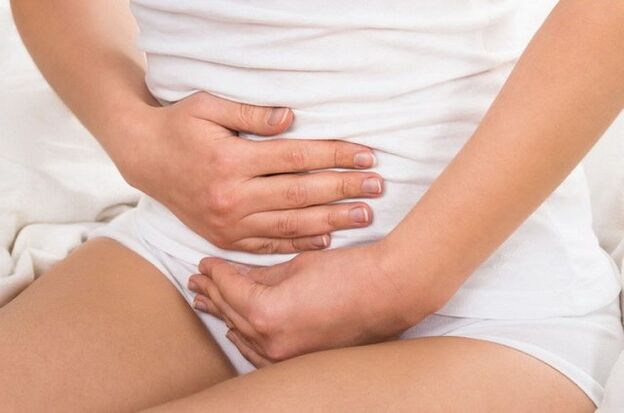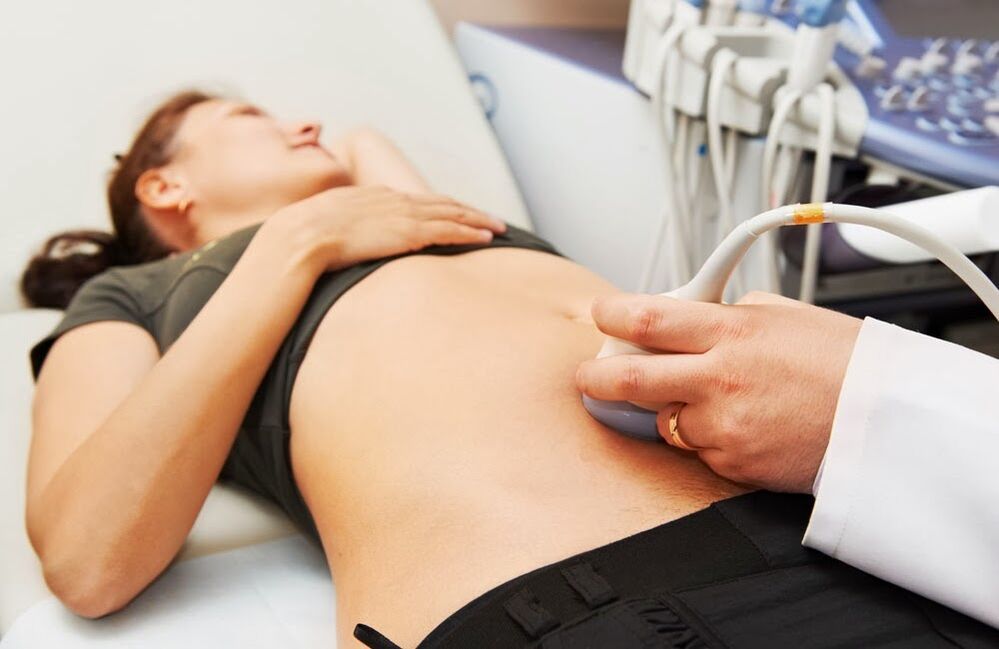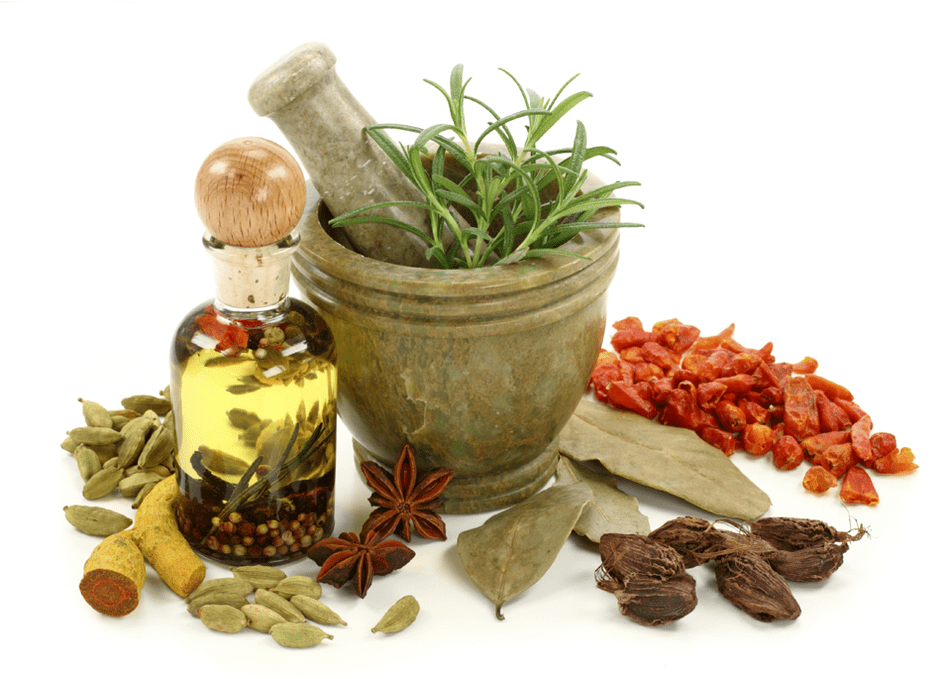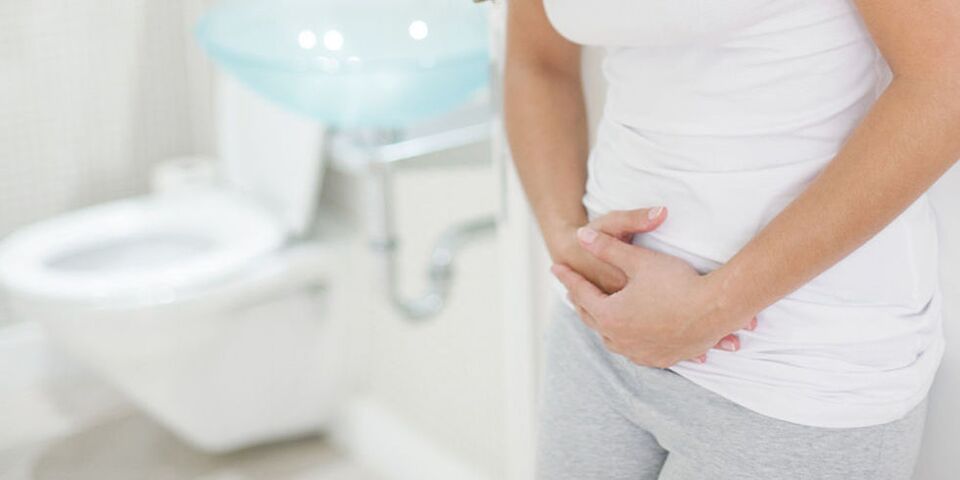Cystitis is called cystitis. Most of the time, this question will understand women because they are shorter and wider than men. This situation makes the infiltration of infection here easier and faster. Overall, cystitis ranges from 20% to 40% of women at different times.

Causes of cystitis
Cystitis is an inherent disease of all ages. The following reasons are mainly because it is mainly:
- Hypothermia in the pelvic area;
- Bladder mucosa injury;
- A sedentary lifestyle;
- Acute and fatty foods;
- The presence of chronic gynecological or sexually transmitted diseases;
- Focal presence of in vivo infection;
- Unprotected sex;
- Lack of hygiene.
The main cause of this disease is hypothermia. The most dangerous freezing of legs and pelvis. Therefore, you can't sit on a cold surface and wear thin silk linen in the cold season, as well as shoes that are too light.
Risk factors are also a long-term sedentary task that can cause vascular stagnation in the pelvic area. You cannot sit in one place continuously, for example, 4-5 hours. If your responsibilities require this feature, you will need to try to get up more frequently and rest for 15 minutes.
A special cause that can cause cystitis represents a violation of hygiene rules. if:
- A tampon or sanitary gasket that rarely changes menstruation;
- Practice the transition from anal sex to vagina;
- Usually wearing synthetic tight underwear;
- Continuously use daily washer;
- After defecation, wipe it towards the anus;
- Do not observe urination patterns.
It is necessary to release the bladder at least 5 times a day, otherwise the infection entering the bladder will be promoted due to stagnation or decomposition of the urine.
Types of cystitis

Cystitis is divided into acute and chronic according to the nature of the disease. The acute form is performed in the presence of obvious symptoms and occurs after a sudden sudden factor.
Chronic cystitis is characterized by a low severity of manifestation, most often caused by other diseases.
According to the pathological reasons, cystitis is divided into primary and secondary, as well as bacterial and non-bacterial.
Bacterial inflammation in this organ is caused by infections of various origins - Streptococcus, Enterococcus, Gonococci, etc. Meanwhile, the infection can be hematogenous, lymphatic, decreased or elevated.
Cystitis develops due to wall stimulation of medicinal, chemicals, or other substances. Distinguish between heat, toxic, radiation, allergic, digestive cystitis.
If the primary disease is characterized by any of these factors that damage the right to the bladder, secondary cystitis can occur due to other diseases of the organ or nearby organ diseases. Therefore, for example, it is usually accompanied by urolithiasis, prostate adenoma, urethral stenosis, etc.
Symptoms of cystitis
The symptoms of this disease depend on its form. If in acute cases, there are bright clinical pictures, restriction disorders, rapids urinate multiple times per hour, there may be absolutely no signs during the chronic process of relief.
The most characteristic symptoms of acute forms of the disease include:
- Pain and frequent urination;
- Pain in the pubic bone cut in the bladder area;
- shadow of urine;
- In severe cases, the temperature rises.
In some patients, there is also a blood mixture in the urine and the emptying of the bladder is incomplete. In some patients, at the end of urination, they are so powerful that they radiate to the rectum.
If a man experiences this symptom, he/she should contact his/her urologist immediately, as cystitis in men is almost always secondary. Their main causes are most common in prostate diseases, urolithiasis, and diabetes. Symptoms very similar to cystitis occur in nondiagnosed urethritis.
Sometimes, an asymptomatic process of cystitis is possible. In this case, a diagnosis is accidentally established when urinary analysis is performed for another reason.
diagnosis
In the case of typical clinical pictures to promote acute cystitis, this condition is rapidly improving under the influence of antibacterial agents. In addition, laboratory tests and ultrasound data were considered.
After the acute phenomenon disappeared to clarify the diagnosis, a cystoscopy was performed, which was a study of the internal state of the bladder.
For women, gynecological examinations are very important, where female diseases that help the development of cystitis can be identified.

Therefore, a complete examination of chronic cystitis includes:
General urine analysis;
- Urine seeds;
- According to Nechiporenko's urine analysis;
- PCR diagnosis;
- cystoscopy;
- Ultrasound of urogenital organs;
- If necessary - Biopsy.
Cystitis should not be confused with urethritis, which includes inflammation of the urethra, manifested only through in-strings, burning and pain during urination. In many cases, these diseases accompany each other.
If the inflammatory process does not respond to treatment and the process acquires lasting characteristics, the cause of this condition should be understood in detail. In this case, it is necessary to distinguish cystitis from other diseases (such as prostatitis, bladder cancer, tuberculosis).
When diagnosed, cystitis should also be considered as a characteristic of a temperature increase of 37. 5 degrees. If the patient suffers from such symptoms, he needs to consult a urologist to rule out kidney disease.
Treatment of cystitis
To get rid of the outbreak or exacerbation of this extremely unpleasant disease, you need to follow these suggestions:
- Observe the bed to rest;
- Take prescription medications;
- Drink a lot of warm liquids;
- Follow the diet.
In acute cystitis, antibacterial drugs, antibacterial drugs, and herbal medicines with diuretic effects were prescribed. It is recommended to use obvious pain that can relieve cramps in the bladder muscles - Noshpu, Drotaverin, Papaverine. They can be used in the form of tablets and in the form of candles. Helps eliminate cribs and place them on the lower abdomen.
Cast herbs are widely used in cystitis, leafberry leaves, kidney tea. In this case, cranberry, leafberry and blueberry fruit drinks are very useful. For such situations, there are preparations for plant plants. Complete medication use has a greater expected effect in the treatment of cystitis. However, the use of ready-made pharmacological agents does not eliminate the intake of large amounts of warm beverages.
A warm bathtub with herbs or washing the external genitals with soda solution will help alleviate the condition after urination.
The diet for acute cystitis should exclude marinades, spices, salt and salt. Dairy products, fruits, and especially watermelons will be useful.
During the chronic course of the disease, procedures designed to restore urine outflow are prescribed. These include, for example, the treatment of prostate adenomas, eliminating urethra stenosis. Mandatory testing and elimination of in vivo infection foci were carried out. In chronic forms of cystitis, antibacterial treatment is only performed after proper laboratory testing - seeding urine, identifying pathogens and their sensitivity to antibiotics.
Treatment of folk methods

There are many ways people have a positive effect on urinary spheroid diseases, including cystitis. The most effective of them can be called the following:
- Cook 3 liters of milk. Split a large cup and pour into the basin. The patient must put his legs on him and wrap them around his waist with a blanket. When the milk in the pelvis starts to cool, you need to add another cup there. So keep going until all the milk is overflowing. When repeating the process, the same milk can be boiled again. Repeat to improve the condition.
- Heat 2 and a half red bricks and fire over the fire. Place them in an empty metal bucket with the edges wrapped in fabric. The patient sits on a bucket and wraps his lower body in a lattice or blanket. When sitting in this position, the high temperature comes from the bricks. After the operation, go to bed. Repeat a few times.
Not all patients allow thermal surgery in the pelvis. For example, in women with fibroids or fibroids, they are contraindicated. In this case, the use of diuretic herbs must be performed for 1. 5-2 months. It is important to perform repetitive lessons to avoid recurrences through plant therapy. Therefore, after an acute outbreak of the disease, treatment must be repeated after 2-3 months and in chronic form treatment 3-5 months later.
The good effect of cystitis has such a collection of herbs: parsley, thyme, St. John's wort, dill and Nobbs are mixed in equal proportions. Pour 1 teaspoon of the mixture into 1 cup boiling water and stick to it. You need to inject three glasses a day for 20 days. 3 Such courses should be held during which there are 10 days off. Remission has occurred in the first course and the entire cycle helps get rid of old cystitis.
This can be quickly improved if a small amount of corn flows of dried flowers are brewed with 300 grams of boiling water and persist for 30 minutes. Half of the part was in the evening, and the vendor drank it in the second half.
If you take 0. 5-1 L of lingonberries in a dose, the acute manifestations of cystitis will pass quickly. But this does not mean that further treatment should be stopped completely on this.
If folk methods are used in combination with diet and drug treatment, the effect of folk methods will be more stable.
Possible complications
With proper treatment, the symptoms disappear within 5-10 days. But usually, after treatment at home or rush, the signs of illness disappear for only a while. The real cause of the disease remains in the body and feels yourself immediately with the slightest of cold temperatures. In this case, they say cystitis has become a chronic form.
Chronic disease is particularly dangerous for girls because it can cause scarring of the posterior urethra wall and reduce volume. At the same time, a vicious cycle occurred, which included the focus of infection that was constantly feeding each other.
Furthermore, if cystitis is not enough, bladder infection can penetrate the kidneys, leading to a more serious disease development - pneumonia adrenalitis. At the same time, frequent urination of pain, fever and swelling in the waist area.
In the absence of proper treatment, a serious complication of this disease is the development of interstitial cystitis. In this case, the infection penetrates not only the mucus layer, but also the submucosal layer and the muscle walls of the organs. Its fabric is scarred and deformed, which requires wrinkling the bladder and loss of quantity. The only way to preserve a patient is to complete the organ with new plastic, composed of large intestinal tissue.
Cystitis during pregnancy
This disease has occurred primarily during pregnancy. Every tenth woman has learned the existence of this disease, and it is during the difficult times of having children.

Changes in the hormonal background and the phenomenon of immunosuppression in pregnant women (i. e. , suppressing immunity) explain their occurrence in the early stages. Weak immunity allows microorganisms to reproduce freely and cause inflammation of the bladder mucosa. As a result, minimal hypothermia, violation of sanitation rules, and even climate change can lead to all the glory of acute cystitis in her expectant mother.
The growing uterus also promotes the occurrence of this disease, which squeezes the bladder and causes invasion of urine outflow, leading to the active transmission of pathogenic microorganisms.
The difficulty in treating cystitis during pregnancy is that medications taken can negatively affect the body of an unborn child. However, at the same time, treatment should be done immediately, as the infection can spread to the kidneys. Therefore, you need to take medications that will work particularly in your bladder.
Prevent cystitis
To prevent the disease, following some simple suggestions is sufficient:
- Observe intimate hygiene;
- Avoid hypothermia;
- Don't sit on a cold surface;
- Don't eat spicy and salty foods;
- Timely cure the infection;
- Reject underwear in synthetic materials.
The lifestyle of sitting every 20-30 minutes, you should get up and knead, and of course, you should not be lazy to empty your bladder in time.
Good prevention of cystitis is to drink a glass of cranberry juice every day or take cranberry in any other form. This natural treatment has diuretic and disinfecting properties, and it can interfere with infections in the bladder wall.





























